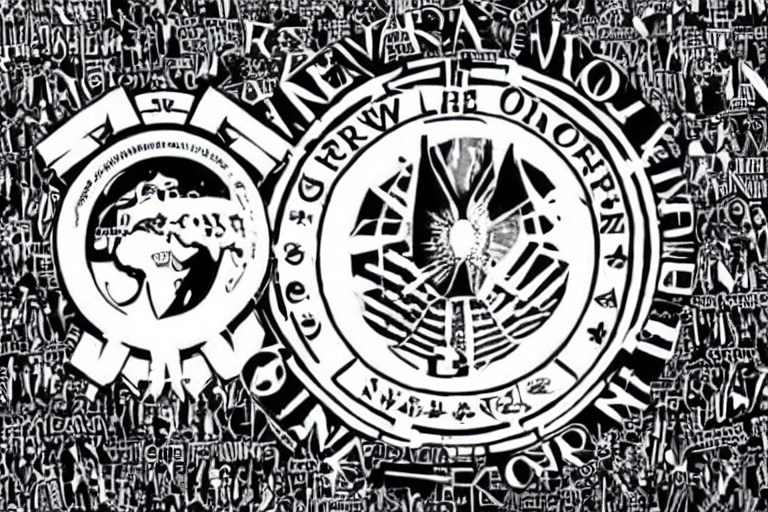
In recent years, the concept of a New World Order has captivated the minds of many, sparking debates, documentaries, and a plethora of conspiracy theories. But what exactly is this New World Order, and why does it garner so much attention?
Understanding the New World Order
The term “New World Order” refers to the idea of a centralized, global governance system that would replace the current nation-state system. Proponents of this theory suggest that a powerful elite group is orchestrating events to bring about a single world government, often with the aim of controlling the global population and resources.
Historical Context
The notion of a New World Order isn’t new. It has roots in historical events and speeches, such as those by U.S. President Woodrow Wilson after World War I and President George H.W. Bush during the Gulf War. These references to a new era of global cooperation have, over time, been interpreted by some as evidence of a plan for global dominance.
Key Players and Alleged Plans
Advocates of the New World Order theory often point to influential organizations and figures, such as the United Nations, the World Bank, and notable philanthropists, as key players in this global scheme. The alleged plan includes:
- Economic Control: Dominating global markets and currencies to ensure financial supremacy.
- Political Influence: Establishing a unified political system that overrides national sovereignties.
- Surveillance and Population Management: Using technology to monitor and influence populations worldwide.
The Role of Technology
In an era where technology permeates every aspect of life, concerns about privacy and surveillance have intensified. Critics argue that advancements in AI, big data, and digital currencies could be tools for enforcing a New World Order, making it easier to track individuals and control economic transactions.
Debunking the Myths
While the idea of a New World Order captivates imaginations, it is essential to approach such theories with a critical mindset. Many claims lack concrete evidence and are fueled by fear rather than facts. Experts often emphasize the importance of distinguishing between genuine geopolitical strategies and speculative narratives.
The Importance of Critical Thinking
In a world inundated with information, discerning fact from fiction is crucial. Engaging in open dialogue and investigating various sources can help individuals form informed opinions rather than succumbing to sensationalism.
Conclusion
The concept of a New World Order continues to intrigue and polarize. While it’s essential to remain vigilant about global changes and power dynamics, it’s equally important to base our understanding on credible evidence and rational analysis. As the world evolves, so too should our approach to deciphering its complexities.

